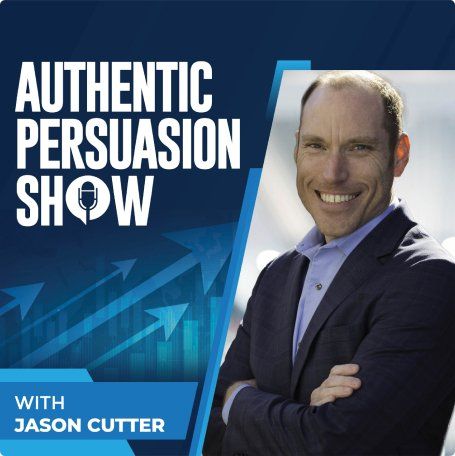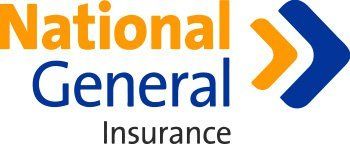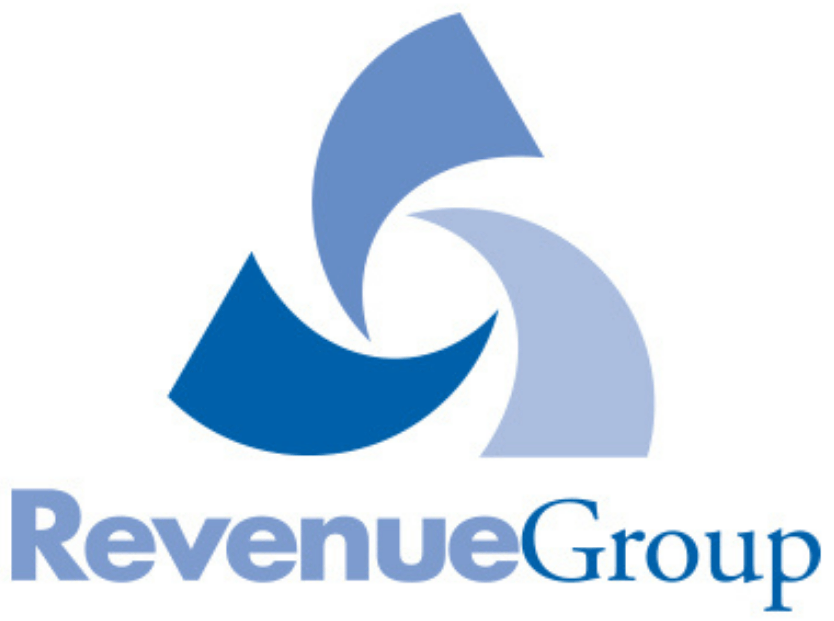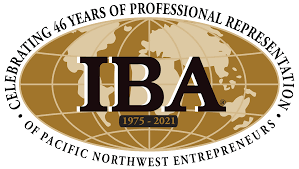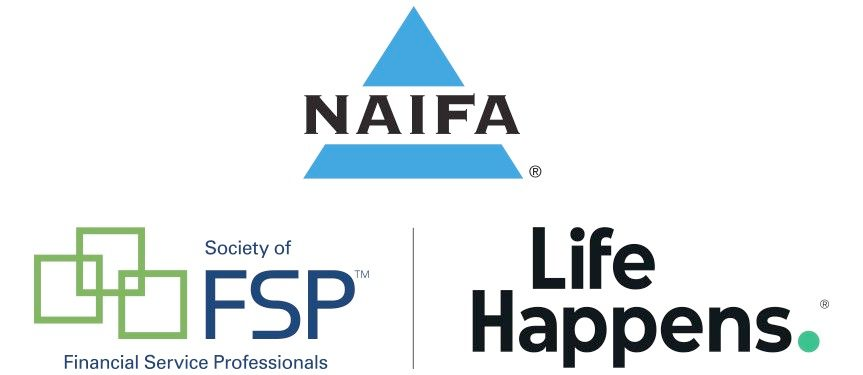By Jason Cutter
•
August 27, 2025
Most businesses struggle to grow their sales teams. At some point, they give up on looking for rock stars; they just need a team that shows up every day. In fact, research shows that 52% of sales leaders list recruiting as 'very challenging,' and average sales rep turnover hovers around 26% annually. That means for many leaders, the hiring process feels like a revolving door of wasted time, lost revenue, and constant stress. Here’s how to achieve scalable hiring results without having a massive hiring team and a huge job marketing budget. What Most Companies Do They need to hire salespeople. Maybe it’s one. Maybe it’s their very first salesperson. Maybe they need 10 more. So they: Write a job post about all the things the job involves and who they are looking for, and the type of experience they feel is important Put it on Indeed and/or LinkedIn They get hundreds and hundreds of applications They freak out – stressed at the thought of going through all those submissions They have someone on the team spend hours/days going through all the submissions. Have them call and email everyone whose resume fits what they think they want. A few people respond. So they call again, to ‘check in’ on the candidates to try and get more to respond. If that works, they have dozens and dozens of candidates ready for the first interview. Someone has to then take a week’s worth of time blocks away from their actual job to do first interviews. Most of the candidates don’t show up to the call/meeting. A few candidates make it through to the second interview. The boss or sales manager takes these. Two out of the three show up. Offers are sent to the two. One takes another job because the process took so long. The company ends up with one new hire The company repeats the process over and over again, feeling like the best they can do is one to two new hires after each complete cycle of hiring madness. And it is madness. It is also the definition of insanity – doing the same thing, running the same hiring process out of some playbook that no one can point to its origin or actual stats of success. Recent surveys confirm this frustration: more than half of leaders admit they lack an effective hiring process, and many acknowledge that their comp plans don’t even align with the results they want. The result? Slow hiring, bad hires, and retention issues that eat away at growth. Most companies struggle with filling their sales team, with both quantity and quality. They probably run the hiring process like they run their sales process. They default to old-school business thinking that the only way to hire is to just get experienced salespeople to join the team. But there is a better way. I have spent over 15 years being tasked with keeping teams filled with salespeople. Whether it was for inside sales in a call center environment or work from home, to retail environments, from consumer products and services to B2B, from within the United States to offshore, this framework works, even if you have failed in the past to try and scale your hiring efforts. In working with small and large teams, the key is the balance of quality and quantity. Humans will always surprise you. I have seen the ideal candidate – on paper – be completely ineffective in the role. I have seen reps with very little experience, whom we took a chance on, completely outsell their experienced co-workers. The experience of everything that goes into hiring over 800 salespeople, this framework is designed to help you succeed no matter the size of your hiring team. Here’s how to create a scalable hiring process that doesn’t require a large recruiting team and without losing your mind wasting time on candidates that aren’t a good fit. Step 1: Hire Traits, Not Just Resumes Did you know there are three different types of salespeople? The Newbie, The Entrepreneur, The Sales Veteran (email me, and I will send you the ebook that breaks them down). First, make sure you know what you need on the team, who you have the bandwidth to train, and if you need someone that follows your playbook (do you even have one?) pretty much exactly, or are you okay with them just ‘doing what they do best’ without much structure? Next, you need to figure out the mindset traits you find most successful. A business friend of mine, a long time ago, taught me: “Hire the smile, train the skill.” Given enough time and patience, you can teach anyone how to do anything. But it's really hard to teach someone a different mindset. Most people are who they are when they are applying to be a part of your company. Here is my list, in order, of mindsets that I know are successful for sales (in any sales role, any industry, any company): This aligns with broader studies: while past performance can matter, attitude and coachability are consistently ranked as stronger predictors of sustained success. Leaders who over-prioritize experience often miss the hidden talent right in front of them. Openness Curiosity Creativity Persistence Authenticity As I tell my clients, most leaders think they just need more reps who are ‘persistent’. They blame a lack of sales results on the team not asking for the sale enough or doing enough follow-up. The problem with biasing the screening process for persistence is that if you don’t care about the other traits, you will end up with a team full of persistent assholes who don’t listen to you or their prospects, don’t care to learn anything new, and don’t try to come up with new ways to move people to the close. They just see every prospect as a nail and sales is a giant hammer in their hand, where if they can just hit enough nails hard enough, they will win. [Don’t believe me? Ever heard the phrase ‘sales is just a numbers game’? That is this mindset in action.] The last part you want to define is what type of company culture you have and what personality is a good fit? Is it a fun environment? Does everyone like to joke around? Is it all serious and focused? Is it mission-driven? Do you actually have defined, stated core values that you care about? The answers to these questions will help you determine culture fit. One area that organizations will fall short in their selection process is ignoring culture fit and just wanting people with certain experiences on their resume or skills to help sell more widgets. If not careful, it can lead to bringing someone on board who might be an excellent, technical salesperson (meaning…technically they can do the job), but they are a not a good fit for the team. “The best reps don’t just sell your product — they sell it your way.” It’s not enough to just hire for experience; you need team players. Step 2: Treat Recruiting Like a Sales Funnel Now that you know who is open to bringing on board, what that winning combination could look like, it’s time to start building the hiring process. In sales, the initial key to success is attracting the right leads into your funnel. This is the job of marketing. Not just in the steps they take, but the messages they put out there to the world. Like fishing, putting out a hook with bait on it where the right fish that is interested will want to take that bait. Marketing should be doing the same thing for your revops. Your hiring team should be doing the same thing with the job posts and the hiring process. Your goal is to write a job post, like your marketing team writes their content, in a way that your ideal candidate would read it and say “holy crap, that is me!” Part 2 is to build in some hoops. One area that I see pretty much every organization fail at is building and managing candidate lead flow. They put a job post out there, get a shit ton of candidates, go from excited ( “We have so many candidates, we will definitely find all the reps we need!” ) to despair ( “How the hell are we going to get through all these resumes, and then what about all the interviews?” ). So many orgs are not ready for the flood of applicants. And did they even want that many applicants? If you haven’t noticed…recruiting is like sales. Well, to be specific, everything in life is sales, and selling, and persuasion. So building a recruiting process is like building a sales process. Sales teams think it would be great to be flooded with leads until it happens, and so much potential business falls through the cracks of inefficiencies and bandwidth limitations. This is why we want to put in a) hoops and b) templates for our hiring process. Let’s start with hoops. Think about it: in sales, 63% of managers admit their teams do a poor job managing the sales pipeline. If you can’t expect discipline in pipeline follow-up from a candidate during the hiring process, you certainly can’t expect it once they’re in the field. The hoops should be similar to what your prospects have to go through to become a customer. The logic is that your salespeople will run that process with their prospects, so you need to identify those sales reps who are naturally built for it. It’s similar to Alex Hormozi’s take on hiring – that what is more important than the years of experience someone has, is evaluating and selecting for traits like intelligence, work ethic, adaptability, and coachability. This is what we want our hoops to do – help the candidates show us what they are really made of. Some hoop examples: Do you require your sales team to use scripts? Yes, yes, yes…I know…salespeople shouldn’t use scripts…scripts are bad…scripts make everyone sound robotic…scripts are the problem. Bullshit. You are wrong if you think that. Alright…soap-box-moment over…back to scripts. If you require your reps to use scripts…let’s say for an intro, elevator pitch portion, compliance/disclosures – then one valuable hoop to put in place is to make your candidates memorize a short script in the hiring process. There are many ways to do it [email me, I can give you some examples of how, when, and what for this hoop], but it is an amazing filter for candidates. This is how you filter out the people who are not open/curious (remember, my top two sales success mindset traits above) – because they will decline your requirement to memorize the script. Or they will take the script, say they will work on it, and then disappear into the wind, never to be heard from again. And…that is the perfect result. I promise, no matter what fantastic story they spun on their resume or tried to present to you in the interview…their resistance to this step is all you need to know. Truly. The ones who say, “ Sure, sounds good, I will memorize this and get back to you, ” are the ones you want. Not because they are actually good at memorizing things – because I know I am terrible at it – but because they are willing to do it. A tiger can’t change its stripes. Is it a short sales cycle or a long one? If it is more than a one-call close, then you want to put hoops into your process that will help differentiate the short-term commitment versus long-term commitment people. Some salespeople out there are just too impatient to handle making follow-up calls, delays by stakeholders, and rejection after long sales cycles. They need immediate gratification. (and here is a contrarian thought…they are probably also single…because how someone is with work, they are in their life. If they can’t handle long sales cycles and long-term relationship building in a sales role, they probably aren’t very good at it in their personal life. And that’s okay…there is nothing wrong with that mode. The question is – is that what fits your sales cycle/length/mode? If you need reps who can do more than build enough rapport to sell someone something in the next 20 minutes before never seeing them again, then filter those people out by adding layers to your hiring process that extend the length. Now, I am not saying that if your sales cycle takes an average of six months, that your hiring process should do the same, but it should be relatively long. Definitely don’t interview people and then have them start the following Monday. Is there a lot of follow-up in your sales process? Do you expect your team to actually manage their pipeline of valuable leads to ensure they close? Then you want to build in a hoop that requires candidates to follow up with you. We want to test them on how well they will treat their future sales pipeline. If they won’t even follow up with you on their progress in the process, then they aren’t the type of salesperson who will follow up on their own leads. Or, they just don’t care that much about this job. Either way, this is a perfect filter to remove those candidates from your pipeline. If you want my ultimate filter process/scripting for this hoop – email me with the subject “ candidate follow up, ” and I will send you what I have done to successfully apply this filter. While that might look like a lot of hoops and processes to build out, it doesn’t take much to both eliminate the candidates who are not a good fit and allow the ones who are to raise their hand so you can pick them. Remember, no matter how desperate you may feel you are – needing to fill your sales team today, it’s never worth bringing on bad hires, especially in a sales role. The cost of their onboarding, training, combined with the cost to your leads (aka – the wake of revenue and reputation destruction that is caused by terrible sales reps speaking with your hard-earned, expensive leads is almost immeasurable) is not worth it. Fight the urge and bad business advice to just get butts in seats. And I guess that you are here reading this because you have already tried that mode and it failed. And with annual sales turnover costing companies millions, every wrong hire creates a hidden tax on growth that most leaders underestimate. Mads Faurholt-Jorgensen spoke about it in his TEDx Talk titled “ How To Master Recruiting ” with a focus on hidden talents over resumes. He called it the “whispering talents” – and in sales, we want that person who just automatically does the sales activities with the right mindset that fits your organization, sales process, and target customer type. TL;DR Most companies hire salespeople the same broken way: post a generic job, drown in resumes, waste hours interviewing, and end up with one shaky hire. It’s slow, costly, and sets teams up for turnover. The fix? Stop hiring based on resumes alone. Instead: Hire traits, not just experience (openness, curiosity, persistence, authenticity). Treat recruiting like a sales funnel by writing magnetic job posts, adding “hoops” that filter out the wrong candidates, and testing real-world behaviors like follow-up. This approach flips hiring from chaos into a scalable system—so you attract the right reps, faster, and avoid the expensive revolving door. In Part 2 of this series, I’ll show you exactly how I scaled this process to hire 50 salespeople without the chaos—complete with templates, filters, and lessons learned. Don’t miss it. And if you think that there might be some ways to improve your hiring process, contact us and we can do a free Hiring System Assessment to determine where the biggest impact can be made to help you fill your sales team.


